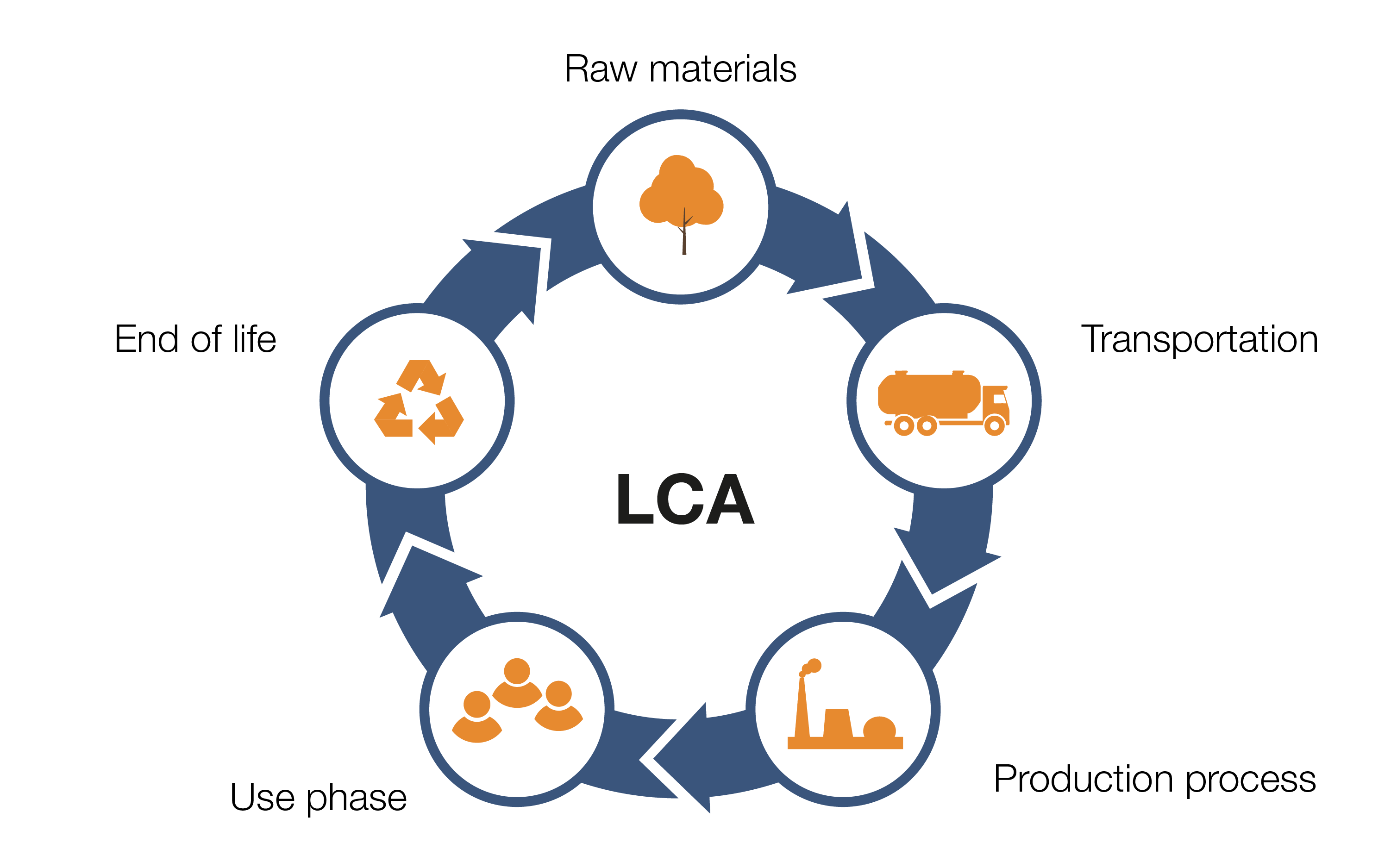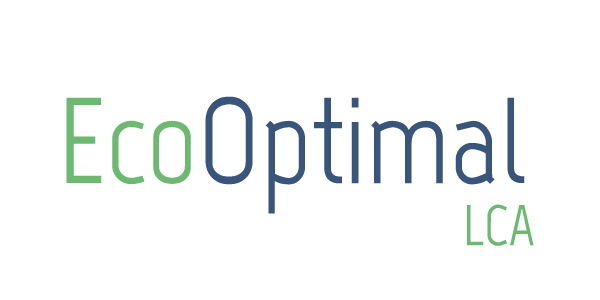Life Cycle Assessment (LCA)
What is LCA methodology, what is it for and why is it important to know about it
Life Cycle Assessment (LCA) is a methodology for assessing the environmental impacts related to the entire life cycle of a product or service from extraction and processing of raw materials, production, distribution, use, to end of life.
More and more people and companies are embarking on a path of environmental sustainability in order to improve their reputation in the eyes of stakeholders and to position themselves more and more strategically in their target market.
What is it for
The LCA methodology enables companies to demonstrate their commitment to environmental sustainability and helps to:
- Increase knowledge of a product's environmental impacts throughout its life cycle, identifying priorities for action
- Obtain an ecodesign tool for comparing 2 or more (functionally equivalent) solutions
- Identify opportunities that can lead to improvement actions and projects
- Communicate the environmental progress of its products and promote responsible consumption
Why it is important
Assessments of environmental impacts increasingly influence many consumers' purchasing and investment choices by companies. Companies that know how to transparently prove how ethics and environmental responsibility are part of every step of their operations achieve added value. Their own environmental impact is in effect an important new parameter in market positioning.

The LCA methodology is applied according to the following standards:
- ISO 14040:2006 - Principles and framework
- ISO 14044:2006 - Requirements and guidelines
What we can do for you
We follow you in the evaluation process through:
Preliminary analysis
- Objective definition and scope
- Research guidelines, standards, regulations (EPD, PCR etc.) to appropriately and representatively conduct the analysis
- Estimation of costs and timelines
Actual evaluation
- Detailed data collection (with site visits)
- Analyzed system modeling with specific software
- Impact evaluation and support for interpretation of results
Development of improved solutions
- Presentation and discussion of hotspots
- Scientific and technological consulting to improve environmental performance
- Follow-up and support

